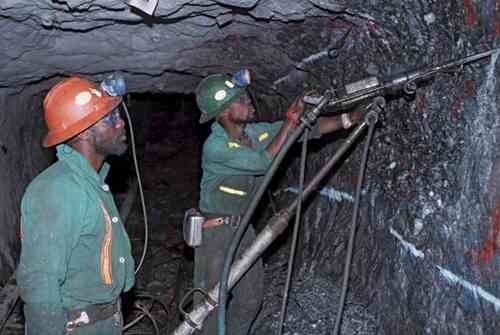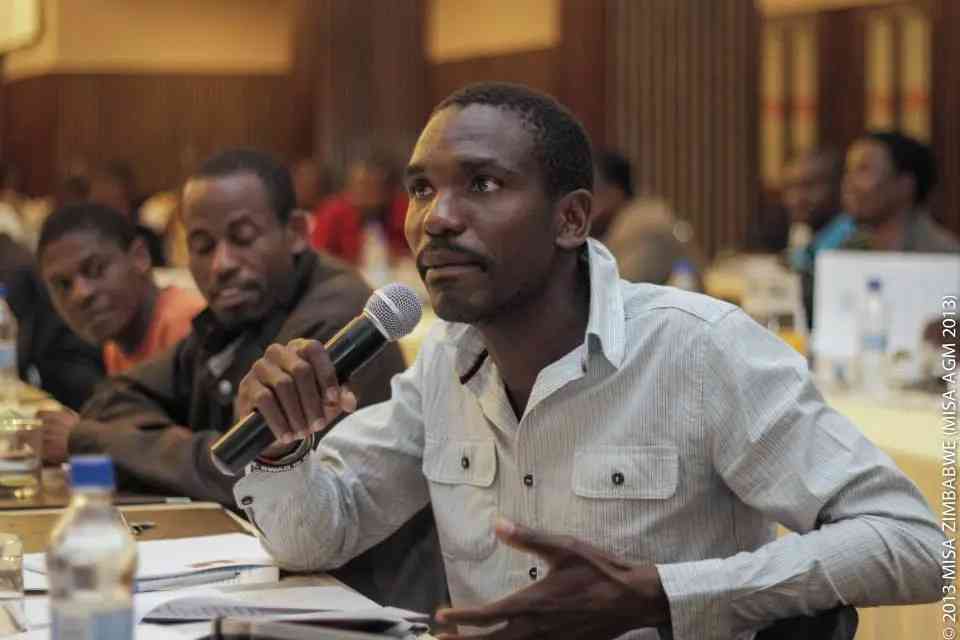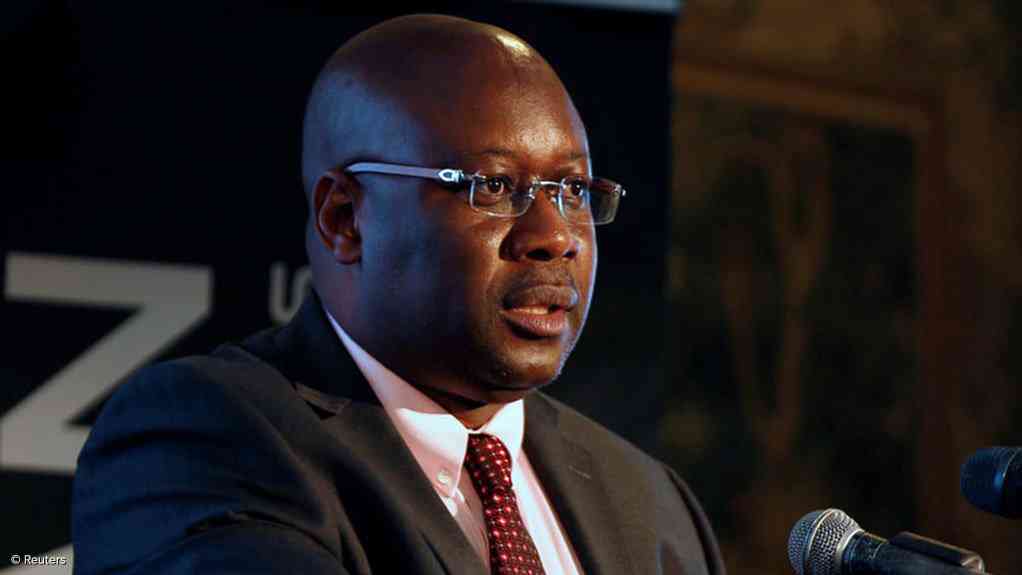
ZIMBABWE'S mining industry is grappling with a severe crisis, as measures aimed at fighting deep price shocks have proven inadequate.
The Chamber of Mines of Zimbabwe (the chamber) said in a report released this week that as a result of the headwinds, mines had further been pushed deeper into the swamps.
Viability remained under threat, according to the chamber’s first quarter 2024 review.
The report showed that even after implementing a series of actions, including job cuts in the past year, operators were still struggling. The shocks have been more pronounced in lithium mines, where one operator reported last week that they had been stockpiling ore in anticipation of a return to better prices.
Nickel producers have also been overstretched.
"The softening prices for key minerals have impacted negatively on viability of mining projects. The platinum group metals (PGM), lithium, ferrochrome and diamond industry have been the most affected," the report reads in part.
"To minimise the impact of weak metal prices on viability, most mining companies are taking initiatives to manage the cost of production, including improving efficiencies and deferring capital projects.
"Mining houses are also ramping up production to compensate for revenue losses arising from softening commodity prices.
- Mines propose fresh power import deal
- Motorist robbed while relieving self
- RBZ shifts blame to companies
- Forex retention policies ruin mines
Keep Reading
"While these measures have been easing off pressure on mineral revenues, the initiatives have remained insufficient to restore viability of their operations and some affected mining companies are now cutting back on their head count to supplement the cost cutting initiatives."
Platinum miners, Zimplats and Mimosa are some of the mining companies that have retrenched staff to remain viable.
Bindura Nickel Corporation was recently issued with a reconstruction order.
The mining entity has been struggling to guarantee its liquidity in order to continue operations owing to declining global nickel prices, export surrender requirements, and increased inflation-induced expenses.
The report also noted that power supply outlook remained fragile in the period under review.
"At the quarterly stakeholder meeting held on 4 April, ZPC (Zimbabwe Power Company) and ZETDC (Zimbabwe Electricity Transmission and Distribution Company) indicated that the low water inflow into Kariba would be a major constraint to hydro power generation in the second half of the year," it reads in part.
"Notwithstanding, the power supply situation in the mining industry has remained stable in the past six months.
“The chamber continues engaging Zesa (Zimbabwe Electricity Supply Authority) and government for prioritisation of mining companies for available power."
The chamber continued to explore alternative power solutions for the mining industry during the quarter under review.
It revealed that following a presentation by Solar Century Africa to the executive committee on December 6, 2023, the project promoters visited Zimbabwe in January to engage with mineral producers on their solar power proposal.
Another solar system provider, Eversolar approached the chamber with a proposal on solar electricity for the mining industry.











